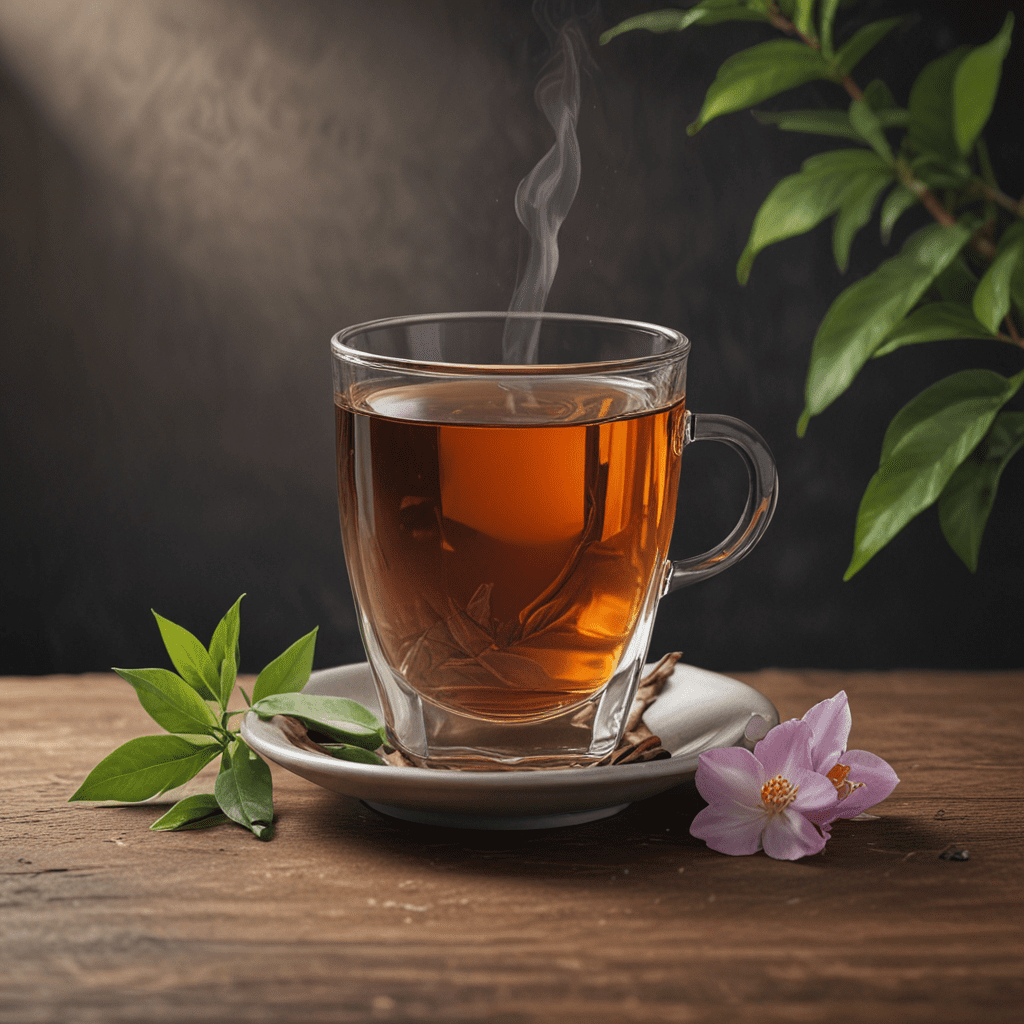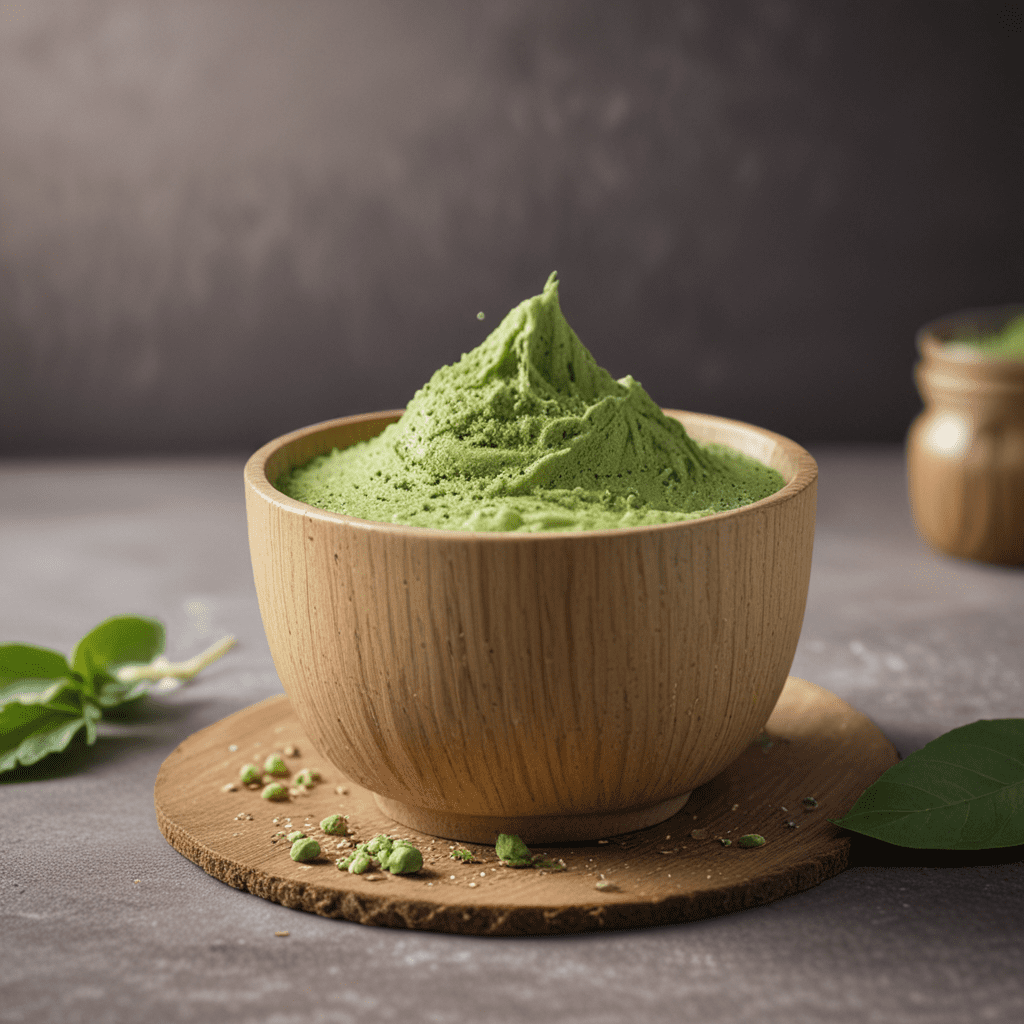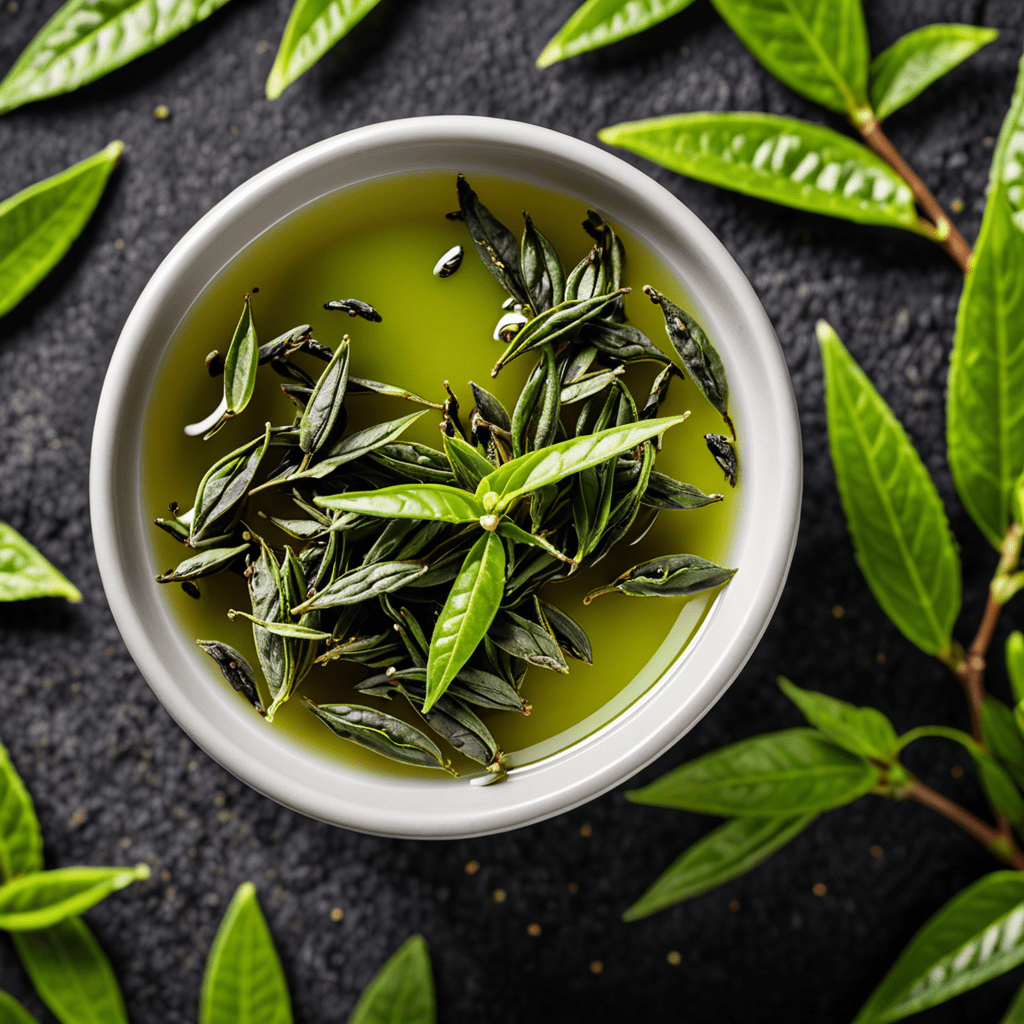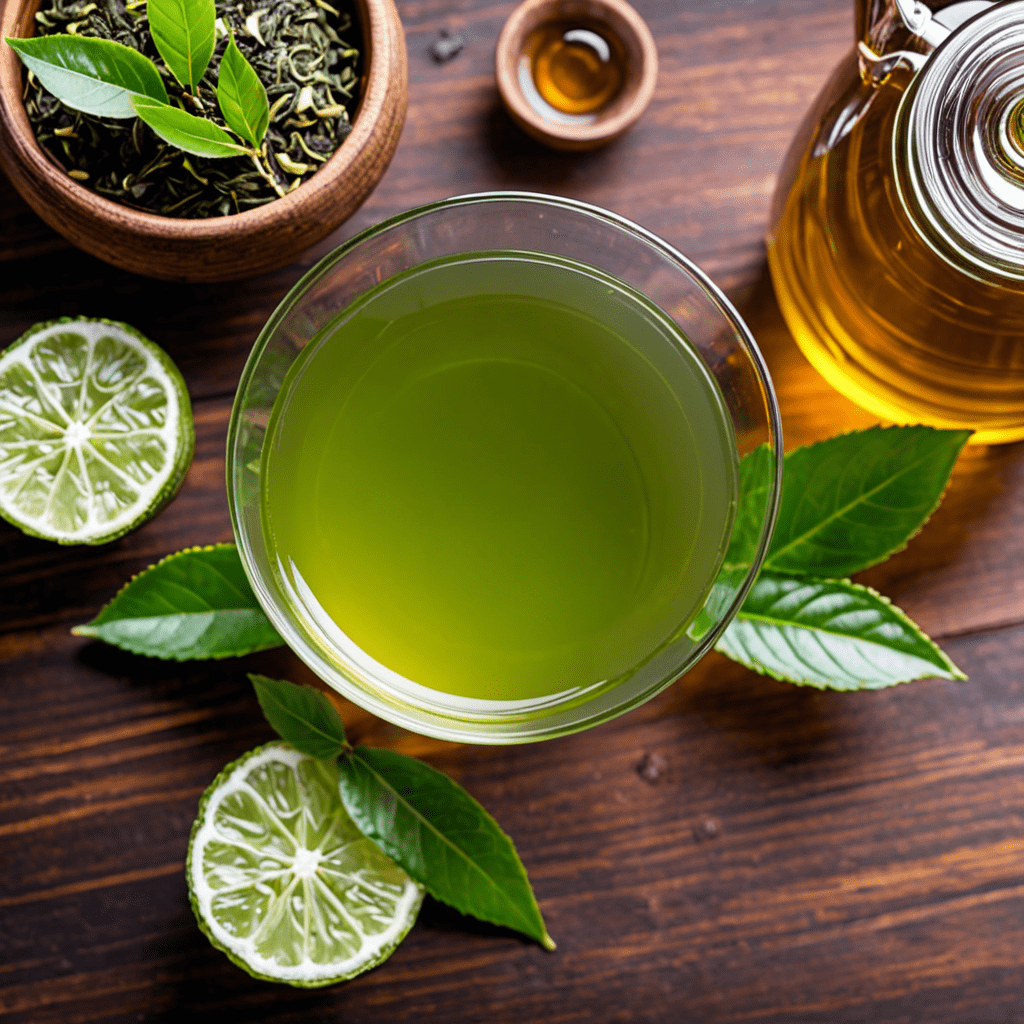
1. Introduction: The Essence of Ceylon Tea and Mindfulness
The aromatic world of Ceylon tea holds an inseparable bond with the ancient practice of mindfulness. This exquisite beverage transcends its role as a mere stimulant, inviting us on a journey into the present moment and unlocking the transformative power of attentive awareness. In this article, we will delve into the rich tapestry of Ceylon tea, exploring its historical roots, ritualistic practices, and profound impact on cultivating mindfulness in our daily lives.
2. Historical and Cultural Roots of Ceylon Tea
Ceylon tea, renowned for its distinctive flavor and golden hues, traces its origins to the verdant hills of Sri Lanka. With a history spanning centuries, tea cultivation in this region has been intricately woven into the fabric of local culture and tradition. From the meticulous hands of tea pluckers to the expertise of master blenders, the art of crafting Ceylon tea is a testament to the deep connection between this beverage and its birthplace.
3. Enhancing Presence through Tea Rituals
The preparation and consumption of Ceylon tea offer a gateway to mindful living. Simple rituals, such as warming the teapot, measuring the loose leaves, and pouring the steaming brew, invite us to focus on the present moment. By engaging all our senses in this process, we create a sanctuary of attentiveness, allowing our minds to slow down and embrace the beauty of the here and now.
4. Cultivating Sensory Awareness with Tea
Tea is an orchestra of flavors, aromas, and sensations. Each sip invites us to savor the delicate dance of flavors on our palates, the subtle fragrances that fill the air, and the warmth that envelops our bodies. By intentionally paying attention to these sensory experiences, we cultivate a heightened awareness of the present moment, fostering a deep appreciation for the simple pleasures of life.
5. Mindful Tea Tasting: A Practice of Embodiment
Mindful tea tasting transcends mere consumption and becomes a profound practice of embodied presence. When we sip our tea with intention, we bring our full attention to the experience, noticing the subtle nuances in taste, texture, and temperature. This practice invites us to inhabit our bodies fully, grounding us in the present moment and promoting a sense of self-awareness and inner peace.
6. Tea and the Art of Patience
Ceylon tea invites us to cultivate patience, a virtue often lost in the whirlwind of modern life. The process of brewing tea, from the gentle steeping of the leaves to the moment we savor our first sip, requires patience and attention to detail. By embracing this aspect of tea consumption, we learn to slow down, appreciate the present moment, and find tranquility amidst life's hurried pace.
7. Overcoming Distractions with Tea's Calming Effect
In a world filled with distractions, Ceylon tea offers a soothing respite. Its calming properties help us to quieten the noise of our busy minds and focus on the task at hand. By incorporating tea into our daily routines, we can create moments of stillness, allowing us to reconnect with ourselves and our surroundings.
8. Tea as a Catalyst for Gratitude
The act of enjoying a cup of Ceylon tea can inspire gratitude and appreciation for the simple pleasures of life. The warmth of the cup in our hands, the delicate aroma, and the satisfaction of a well-brewed cup all serve as reminders to be grateful for the present moment. By cultivating gratitude through tea, we cultivate a positive mindset and a deeper appreciation for the beauty of life.
9. The Role of Tea in Mindfulness-Based Stress Reduction
Modern research has delved into the therapeutic benefits of tea, particularly in the realm of mindfulness-based stress reduction (MBSR). Studies have shown that incorporating tea consumption into MBSR practices can enhance relaxation, reduce stress, and promote overall well-being. The calming effects of tea, combined with the intentional focus on the present moment, create a powerful synergy for stress reduction and inner tranquility.
10. Conclusion: Integrating Tea and Mindfulness for a Life in the Present
Ceylon tea and mindfulness are intertwined practices that offer a path to a more present and fulfilling life. By incorporating tea rituals, cultivating sensory awareness, and embracing the calming effects of tea, we can learn to slow down, appreciate the present moment, and find inner peace. Let Ceylon tea be your guide on this journey, inviting you to sip, savor, and embrace the beauty of the present.
Frequently Asked Questions (FAQ)
Q: What are the key benefits of incorporating tea into mindfulness practices?
A: Tea consumption can enhance relaxation, reduce stress, promote gratitude, and cultivate a heightened awareness of the present moment.
Q: How can tea rituals contribute to mindfulness?
A: Simple tea rituals, such as warming the teapot and measuring the loose leaves, invite focused attention on the present moment, creating a sanctuary of attentiveness.
Q: Why is sensory awareness important in mindful tea tasting?
A: Paying attention to the flavors, aromas, and sensations of tea helps us inhabit our bodies fully, fostering a deep appreciation for the simple pleasures of life.
Q: How does tea promote patience?
A: The process of brewing tea, from the gentle steeping of the leaves to the moment of consumption, requires patience and attention to detail, helping us to slow down and appreciate the present.
Q: What is the role of tea in mindfulness-based stress reduction (MBSR)?
A: Incorporating tea consumption into MBSR practices can enhance relaxation, reduce stress, and promote overall well-being, creating a powerful synergy for stress reduction and inner tranquility.


